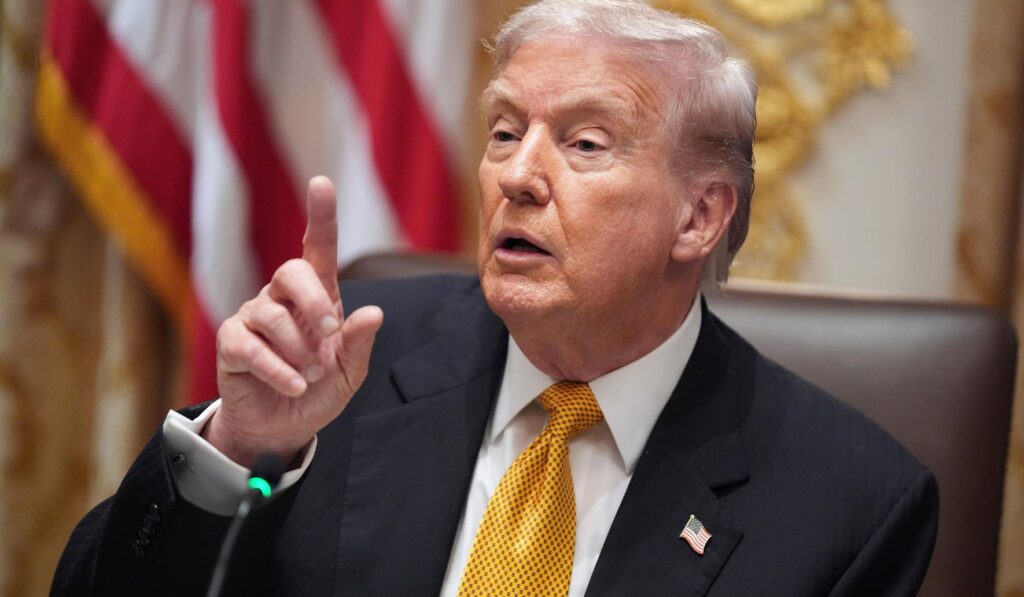President Trump is pushing Senate Republicans to shift payments away from insurance companies and put that cash directly into people’s hands so they can buy better health care.
Washington talks about health care all the time, but the real question is who controls the dollars and the choices. Republicans have long argued that middlemen drive up prices and obscure value. A straightforward redirect of funds to individuals is meant to restore market discipline and make coverage more personal.
President Trump said he’s telling Senate Republicans that money sent to insurance companies should instead go to individuals so they can buy better health care. That line cuts straight to the heart of the Republican case: let families decide how to spend health dollars instead of letting insurers dictate options. It frames the issue as one of freedom and efficiency rather than complex regulation.
Putting purchasing power in individual hands pressures suppliers to compete on price and quality. When patients shop, insurers and providers must earn their business with transparent plans and clearer pricing. From a Republican viewpoint, competition is the best way to rein in costs and raise service standards.
This approach also targets waste. Large, opaque payments to insurers can cushion inefficiency and encourage one-size-fits-all bureaus. Redirected funds would force a closer look at what plans actually provide and whether administrative overheads make sense. Republicans see that as trimming fat and returning value to taxpayers and policyholders.
There are practical follow-ups to consider, like ensuring people can actually access options and that protections exist for preexisting conditions without mandating expensive, broad coverage packages. The goal is to keep core protections while enabling lower-cost choices for those who want them. That balance is presented as both compassionate and fiscally responsible.
Critics claim hands-on shoppers could be left exposed, but GOP leaders argue the real exposure comes from a system that keeps consumers in the dark about price and quality. Transparent subsidies and portable accounts can help less affluent families participate in the market on equal footing. Those tools aim to empower rather than entangle with more bureaucracy.
Another Republican point is accountability. When payments flow through insurers, blame and credit get lost in administrative layers. When individuals receive funds directly, elected officials can point to real changes in coverage and outcomes. That clarity is intended to sharpen incentives across the whole health sector.
The Senate Republican task, as framed by the president, is to translate this concept into workable policy without surrendering conservative principles. That means setting guardrails so subsidies reach people reliably and fraud controls keep the system honest. Lawmakers must also guard against unintended consequences that could reduce access for vulnerable groups.
On messaging, Republicans favor plain language: taxpayers should see their money serve patients, not padding for middlemen. The argument leans on simple fairness—families know their needs better than distant bureaucracies or profit-driven intermediaries. That rhetorical clarity helps build public support for structural changes.
Ultimately, the debate centers on who gets to decide and how health care dollars drive behavior across the system. The Republican framing pushed by President Trump emphasizes individual choice, market discipline, and accountability as the levers to lower costs and improve care. That pitch is designed to shift the conversation from abstract policy fights to tangible outcomes for patients and families.



